Keywords: Wages
There are more than 200 results, only the first 200 are displayed here.
-
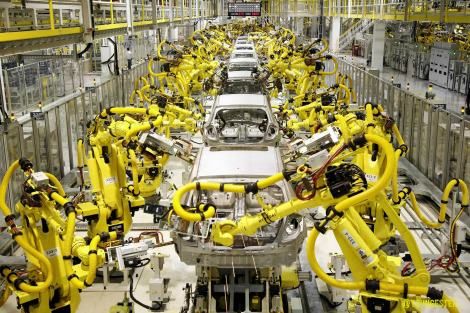
ECONOMICS
- David James
- 21 November 2016
9 Comments
The idea that machines will replace humans, transforming the work force, is far from new. As technology develops at an accelerating pace, there is growing concern that new social divisions are emerging. While there are signs of deepening social divisions between the rich and the rest of the working population, previous predictions of a collapse in employment have proven to be wrong. This is largely because a confusion arises from conflating production and transactions. They are not the same thing.
READ MORE
-
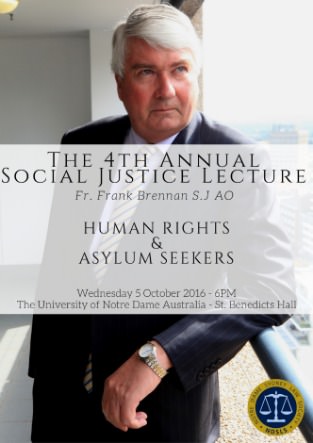
AUSTRALIA
- Frank Brennan
- 06 October 2016
8 Comments
Australia's policy is unique and unrepeatable by other nations because it requires that you be an island nation continent without asylum seekers in direct flight from the countries next door and that you have access to a couple of other neighbouring island nations which are so indigent that they will receive cash payments in exchange for warehousing asylum seekers and proven refugees, perhaps indefinitely. The policy over which Turnbull presides is not world best practice. It's a disgrace.
READ MORE
-
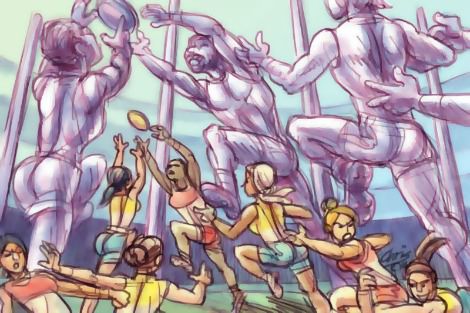
AUSTRALIA
- Erin Riley
- 05 September 2016
4 Comments
The lower wage for players in the AFL women's league has serious equity implications, beyond the clear discrepancy between men's and women's wages. In order to train three times a week, many players will be required to relocate closer to their clubs. This puts their day jobs in jeopardy, meaning only those who can afford to change jobs or take time off can afford to play. This has the potential to seriously skew the playing group towards those who are from higher socio-economic status.
READ MORE 
-
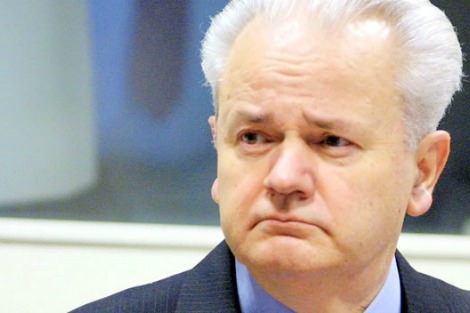
INTERNATIONAL
- Binoy Kampmark
- 30 August 2016
8 Comments
In the savage wars of the Balkans during the 1990s, the identification of good sides over bad meant evil had to be singularised, culprits found to galvanise resistance. One such figure was Serbian president Slobodan Milosevic. His death in a Hague cell in March 2006 had the effect of suspending arguments about responsibility from any legal scrutiny. Earlier this month, British journalist Neil Clark suggested he had in fact been exonerated for his role in war crimes and crimes against humanity. He's wrong.
READ MORE 
-
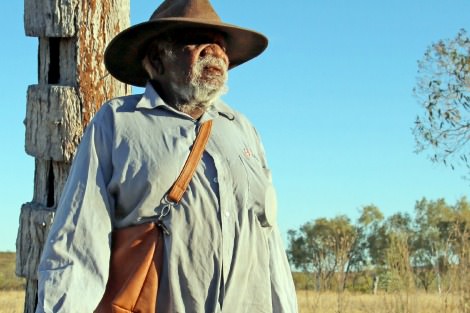
AUSTRALIA
- Moira Rayner
- 23 August 2016
9 Comments
I had been in WA for exactly a year when the local newspaper reported that a white guy had led about 200 people off Wave Rock station. Coming out of the comfortable myth that my home country of New Zealand was not racist, I was amazed to learn that Australia's Indigenous people were obliged to work without industrial protections. In 1966 it was the British Vesteys Group that had been exploiting Aboriginal people: today it is the State in the guise of 'community development', aka work for the dole.
READ MORE 
-
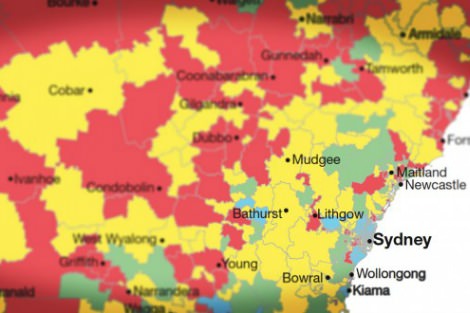
AUSTRALIA
- Julie Edwards
- 27 June 2016
9 Comments
Both major parties offer 'one size fits all' approaches to youth unemployment. This ignores the huge difference in experiences - and employability - between different categories of young person. Not all have completed high school and live at home in a supportive environment. For young people at risk of homelessness, those experiencing mental illness or substance abuse problems, or those who have had contact with the criminal justice system, the initiatives of both parties simply won't be effective.
READ MORE 
-

INTERNATIONAL
- Gillian Bouras
- 23 May 2016
11 Comments
In America, Rex Tillerson, CEO of Exxon, received a salary of more than $40 million in 2012. He is apparently a devout Christian, so I wonder whether he ever worries about Matthew chapter 19, verse 24: it is easier for a camel to go through the eye of a needle than it is for a rich man to enter into the Kingdom of God. The 400 richest Americans own more wealth than the GDP of India. In contrast, vast numbers of their fellow citizens have less than $1000 in their savings and cheque accounts combined.
READ MORE 
-
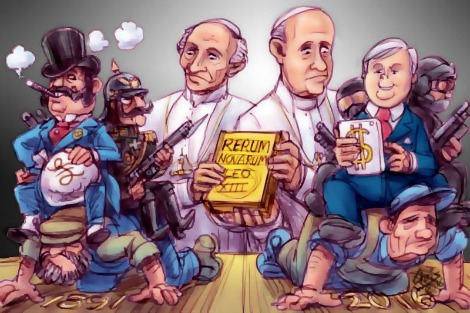
RELIGION
Pope Francis is determined to highlight the opposition of Christian social thinking to the tenets of neoliberalism or market fundamentalism, an ideology which assumes that free markets of themselves will produce the best outcome, and which pushes aside considerations of social or distributive justice. It is unlikely Francis would be waving the flag of social justice so boldly on the world stage had Pope Leo XIII not written his famous social manifesto, Rerum Novarum, 125 years ago.
READ MORE 
-

ECONOMICS
- Kate Galloway
- 28 April 2016
14 Comments
Historically, having a largely home-owning population has ensured both the social benefit of housing, and an economic benefit through enforced saving with long-term growth. In contrast, the negative gearing push splits the cultural and economic meaning of home ownership, because it focuses on investment. Negative gearing promotes property ownership but not home ownership. Thus the social benefits of home ownership that we have come to expect give way to bare economic indicators.
READ MORE 
-

RELIGION
- Andrew Hamilton
- 07 April 2016
19 Comments
How do good people sink to this? The answer lies in the mutation of economic ideology from the crude buccaneering spirit of doing whatever it takes to get rich into a more urbane form. People see themselves as competing, not only for their own economic benefit, but for that of the company. This means greed can mask itself as altruism in serving a larger good. And as in the case of churches, identification with the company provides reason for protecting the company's reputation at all costs.
READ MORE 
-

INTERNATIONAL
- Beth Doherty
- 27 November 2015
4 Comments
This week marked three years since the Tazreen Fashions factory fire in Dhaka, Bangladesh, left over 100 garment workers dead. Six months later, Rana Plaza in Dhaka collapsed, and 1134 people were killed. Labels for top brands such as H&M and Benetton were found in the rubble. While steps have been taken by some companies to promote ethical supply chains, it may be that the only way for a more just treatment of garment workers is the proper organisation of the workers themselves.
READ MORE 
-
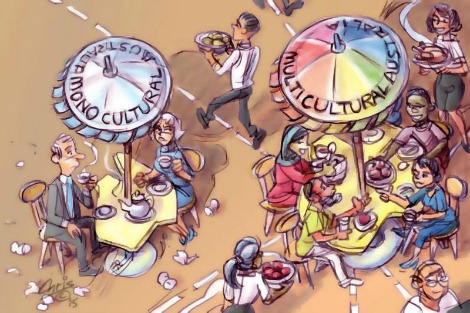
AUSTRALIA
- Gabriela D'Souza
- 09 November 2015
10 Comments
George Megalogenis describes a protest rally in 1849 organised by residents of Sydney against arrivals of more convict boats. Workers who 'wanted to maintain their high-wage society' made 'the first of countless calls that would be made against migrants who threatened to undercut their standard of living'. It is a familiar refrain today. In a world where three-fifths of a person's income is determined by their place of birth, it defies logic that we place restrictions on people's movement to preserve our standard living.
READ MORE 